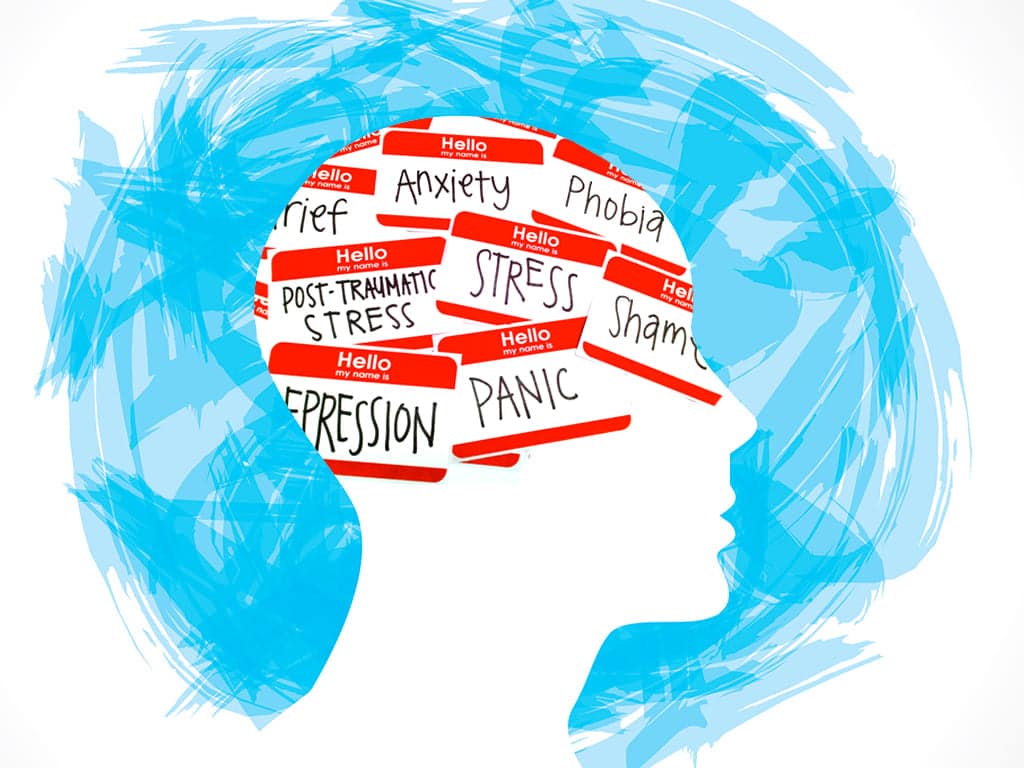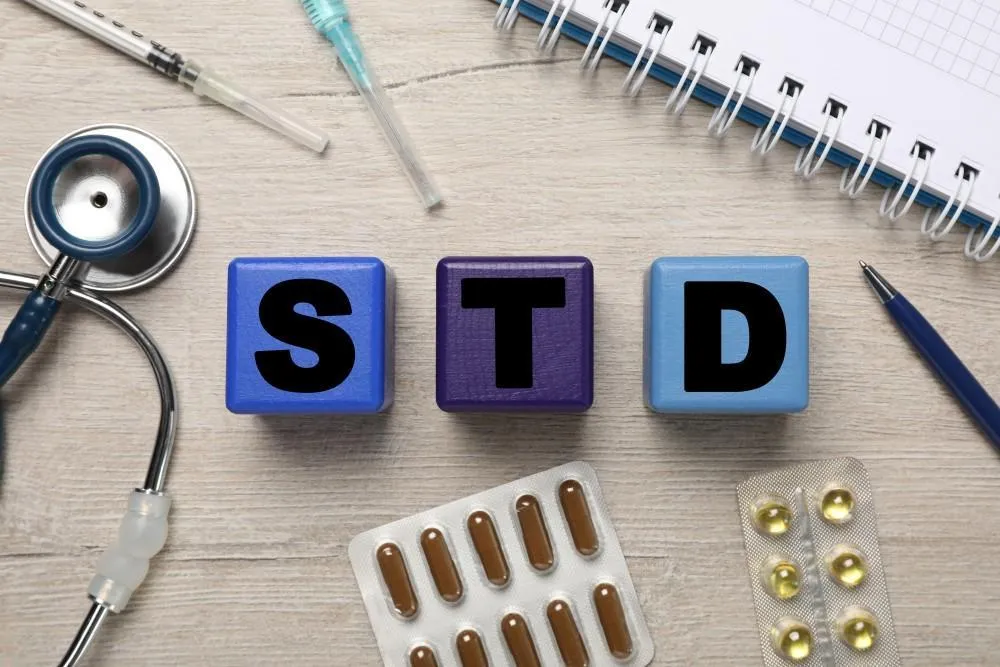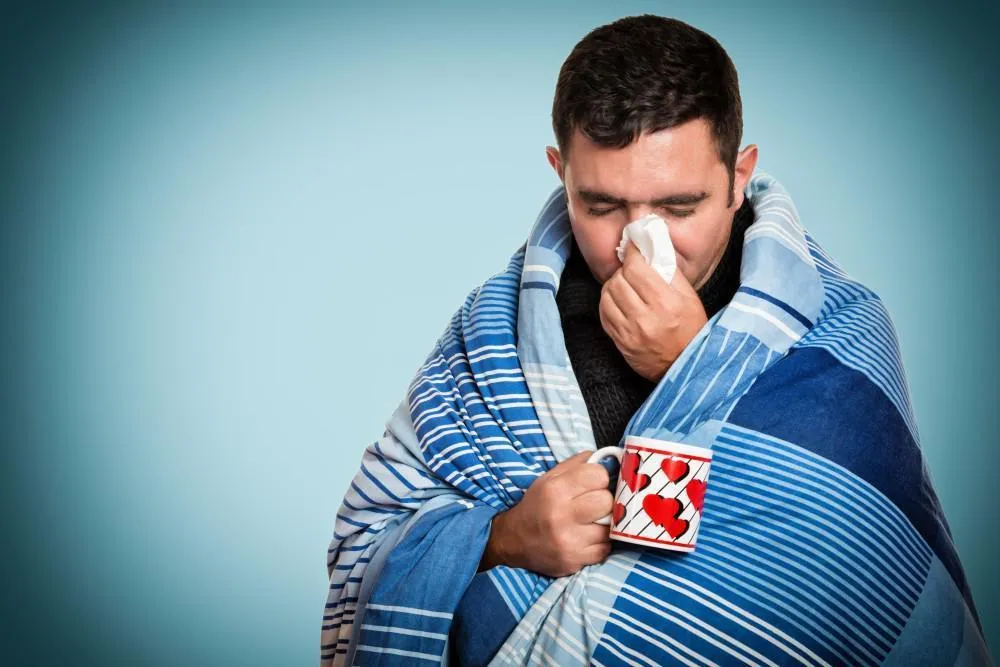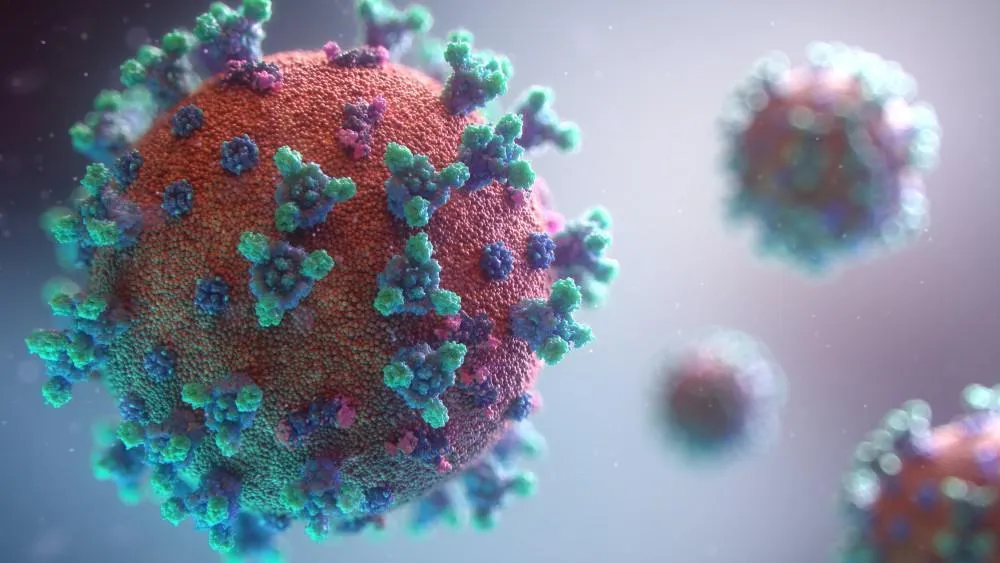What are Anger Issues?

Anger is a normal emotion that can be useful for mental health. It helps us identify things that hurt us or situations where we feel frustration or loss of control. Understanding the common causes of anger can help individuals identify their triggers and develop effective coping mechanisms. The problem is not with feeling anger; anger problems can arise from the way we express and deal with it.
Talking to an angry person can drain your energy, affect your mental health, and destroy your relationships. When rage is expressed in a negative way, it can undermine one’s own well-being, weaken one’s relationships, and leave one feeling frustrated and unheard.
Common Causes of Anger
Anger and rage rarely get us what we want. But this does not stop us from manifesting them, often in inappropriate cases. Although it is necessary to get rid of them—both mentally and physiologically—they are not good for us.
There are different reasons for anger, such as:
- Violation of personal boundaries and rights
- Injustice and inefficiency
- Denial of expectations and desires
- Physical pain and discomfort
- Stress and fatigue
What are the causes of anger? Each person has a different threshold of sensitivity to various triggers that can cause annoyance. However, it’s important to realize that anger is a natural emotion that helps protect us from potential danger. For example, when we feel that our boundaries or rights are being violated, this emotion can help us protect ourselves and our interests. In addition, it can arise in response to injustice, when someone receives an undeserved reward or when someone suffers a wrong decision.
The rejection of expectations and desires is among other sources of anger. When our expectations are not met, we can experience disappointment that can turn into rage. Physical pain and discomfort can also trigger anger, especially if they are long-lasting and incurable.
Recognizing the Symptoms of Anger
Anger can be recognized by a variety of physical, emotional, and behavioral signs.
Physically, this emotion is expressed by a rapid heartbeat, increased blood pressure, flushed face, tense muscles, especially in the neck and shoulders, rapid breathing and increased sweating. The body prepares for action, which may be expressed by clenched fists or a tense posture.
What causes anger? Emotionally, it manifests itself as irritability, frustration, resentment, and sometimes even hatred. The person may feel unjustly hurt, frustrated, or powerless.
Behaviorally, anger can be expressed through verbal abuse, yelling, threats, and in more severe cases, physical aggression. Anger can also manifest itself in avoidance of communication, passivity, silent resistance, or sabotage.
The Impact of Uncontrolled Anger
Uncontrolled anger can have serious consequences on both mental and physical health, as well as on relationships and daily life. When rage is left unchecked, it often triggers a “fight or flight” response, leading to increased heart rate, high blood pressure, and the release of stress hormones like cortisol. Keep in mind that we discuss the main causes of anger and this heightened state of stress can contribute to chronic health problems such as cardiovascular disease, weakened immune function, and digestive issues.
Emotionally, uncontrolled wrath can impair judgment, leading to impulsive decisions and damaging behaviors. It can also strain personal relationships, leading to social isolation and conflicts with loved ones, friends, or coworkers.
In addition to its negative impact on health and relationships, uncontrolled anger can have legal or financial ramifications, especially if it leads to aggressive or destructive behavior.
Psychological and Physiological Responses to Anger
What are the common causes of anger? Everyone can experience it; none of us is safe. You should use healthy coping techniques to deal with the situation.
Anger triggers both psychological and physiological responses. On an emotional level, a person can feel agitated, devastated, depressed, irritable, or even enraged. It can cause heightened emotional arousal, leading to irrational thinking, reduced self-control, and poor decision-making. Over time, unresolved annoyance may lead to issues like chronic anxiety, depression, and difficulties in relationships.
On a physiological level, anger issues raise blood pressure and increase heart rate. It also causes muscle tension. Blood vessels constrict, muscles tense, and breathing becomes rapid. These reactions prepare the body for physical confrontation or escape. While these responses can be adaptive in dangerous situations, chronic wrath can lead to serious health problems like cardiovascular disease, weakened immunity, and digestive issues.
Triggers That Lead to Anger Outbursts
A number of factors contribute to persistent irritability and uncontrollable outbursts of anger. Biological anger triggers include character traits and temperament type (choleric). The frequency and strength of attacks depend on the current state of the nervous system.
Physiological causes of anger include acute and chronic stress, feelings of depression, and emotional exhaustion. In this case, irritability spills out into maladaptive, including aggressive behavior.
Problems at work, dissatisfaction with personal relationships, and financial instability are provoking psychological reasons for anger. If a person has clear life standards and the surrounding conditions do not correspond to them, negative emotions coupled with internal tension result in aggression. In such situations, aggressive behavior is considered a variant of psychological discharge.
Effective Anger Management Techniques
How to manage anger? Effective anger management techniques help individuals control their emotional responses and reduce the harmful effects. One common approach is deep breathing exercises and progressive muscle relaxation, which calm the body’s physiological response to rage. These anger management therapies slow the heart rate and lower blood pressure, reducing physical tension.
Cognitive restructuring involves reframing negative thoughts that fuel emotions into more rational and positive ones, helping to shift perspective and reduce emotional intensity. Mindfulness meditation is another anger management therapy that helps people stay present and aware of their emotions without reacting impulsively.
Finally, assertive communication allows individuals to express their needs and concerns calmly and clearly without escalating into aggression or conflict.
Cognitive Behavioral Strategies for Managing Anger
How to control anger issues? Cognitive behavioral therapy for anger management helps people control and reduce their emotions by focusing on the present and only on the problems that need to be solved here and now. CPT includes addressing cognitive behavioral issues, mindfulness training, and changing dysfunctional thought patterns. Incorporating self-care to reduce stress helps improve well-being.
Identify triggers
Try to capitalize on your analytical skills when identifying anger triggers. Use your intelligence to observe situations that trigger annoyance.
Challenge irrational thoughts
Apply your critical thinking skills to challenge irrational thoughts that fuel anger.
Practice mindfulness
Use mindfulness techniques such as focused breathing or observation to stay in the present moment and prevent anger from escalating.
Use problem-solving skills
Direct your intelligence toward problem-solving when faced with anger issues.
Develop emotional regulation
Develop emotional intelligence by recognizing and accepting emotions without judgment.
Express yourself confidently
Learn assertive communication skills to express your needs and concerns without resorting to aggression.
Lifestyle Changes to Reduce Anger
Beyond therapeutic interventions, incorporating lifestyle changes can significantly reduce causes of anger and improve overall well-being.
Ensure you’re getting enough sleep, eating a balanced diet, and engaging in regular physical activity. These foundational elements contribute to emotional stability and reduce stress.
Techniques like deep breathing, meditation, and yoga can help calm your mind and body, reducing feelings of frustration. Pursue activities you enjoy to alleviate stress and find a healthy outlet for your emotions.
Identify and reduce sources of stress in your life, whether it’s a demanding job, toxic relationships, or excessive workload. Surround yourself with positive and supportive individuals who can offer understanding and encouragement. Recognize and replace harmful thought patterns with more positive and constructive ones.
If you understand that managing anger on your own is impossible, consider visiting a behavioral health therapist or counselor. They can provide personalized anger management therapy and support.
When Your Anger Could Be an Issue
How can I get help with anger management? There is no issue with a person being angry, as it is a normal human emotion even when most people want to keep calm. However, rage becomes an issue when it begins to impinge on one’s relationships, work, or self-worth. If you notice that you are frequently getting angry about trivial issues, there is a possibility that your temper is out of control. Chronic anger issues may lead to aggressive actions, such as being rude to family members or punching people at work, which destroys relationships both personally and at work.
It may also be noted that certain anger issues bring various physical problems, like headaches, increased pulse, or high blood pressure. This may mean that with the strain of stress, these people may be damaging their physical health and well-being as well. Over-aggression can also result in mental health issues in men, such as depressed feelings or anxiety. In order to reach these goals, patients can use virtual behavioral health services through online platforms offering behavioral health services.
Conclusion
If you struggle with anger, don’t hesitate to seek help. Understanding the common causes of anger and implementing effective management strategies can significantly improve your quality of life.
















































